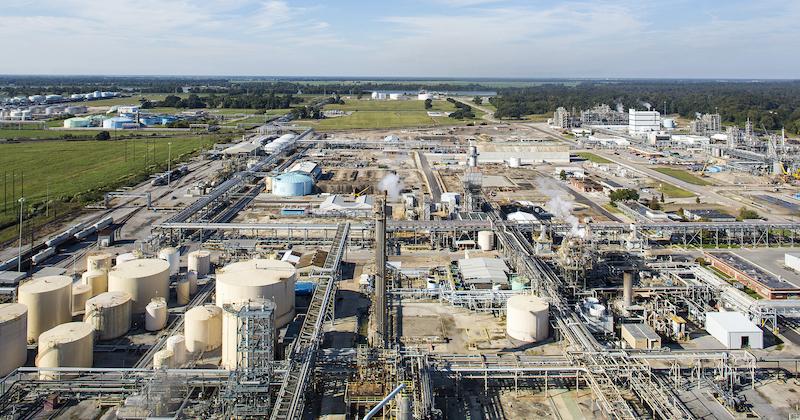(Reuters) – Attacks on vessels by Iranian-backed Houthi militants in Yemen have disrupted international commerce on the shortest shipping route between Europe and Asia.
The attacks, targeting a route that accounts for about 15% of the world’s shipping traffic, have pushed several shipping companies to re-route their vessels.
Below are companies’ (in alphabetical order) responses to the disturbances:
BASF
The German chemical company does not see disruptions to raw material supply or product distribution, but it is closely monitoring the situation, a company spokesperson said.
BP (NYSE:BP)
The oil major on Dec. 18 said it had temporarily paused all transits through the Red Sea.
COVESTRO
The German chemicals maker said any possible increases in transit times due to shipping lines avoiding the “Bab-el-Mandeb” passage would not impact its product supply. Covestro expects its ocean shipping line partners to continue shipping through the passage as soon as it can be operated safely.
DANONE
The French food group said most of its shipments had been diverted, which will increase transit times. Should the situation continue in the mid to long-term and last beyond 2-3 months, the group will activate mitigation plans, including using alternate routes via sea or road wherever possible, a Danone spokesperson said.
ELECTROLUX
The Swedish home appliances maker has set up a task force to reduce the impact of maritime attacks. The measures include identifying particularly time-sensitive deliveries and finding alternative routes if required, the company told Reuters.
EQUINOR
The Norwegian oil and gas firm on Dec. 18 said it had re-routed vessels that had been heading towards the Red Sea.
ESSITY
The Swedish hygiene products maker is monitoring the situation and staying in contact with impacted suppliers to ensure continued flow of goods, but sees a limited impact as only a low percentage of its supplies move through the Suez Canal, the company told Reuters.
MOSAIC
The U.S. fertilizer company said on Dec. 18 it had re-routed a couple of U.S.-bound shipments around the Cape of Good Hope rather than through the Red Sea.
TSMC,
TSMC, the world’s top contract chipmaker, said on Tuesday it had a long-established enterprise risk management system in place, and after an assessment it did not anticipate a significant impact on its operations.



